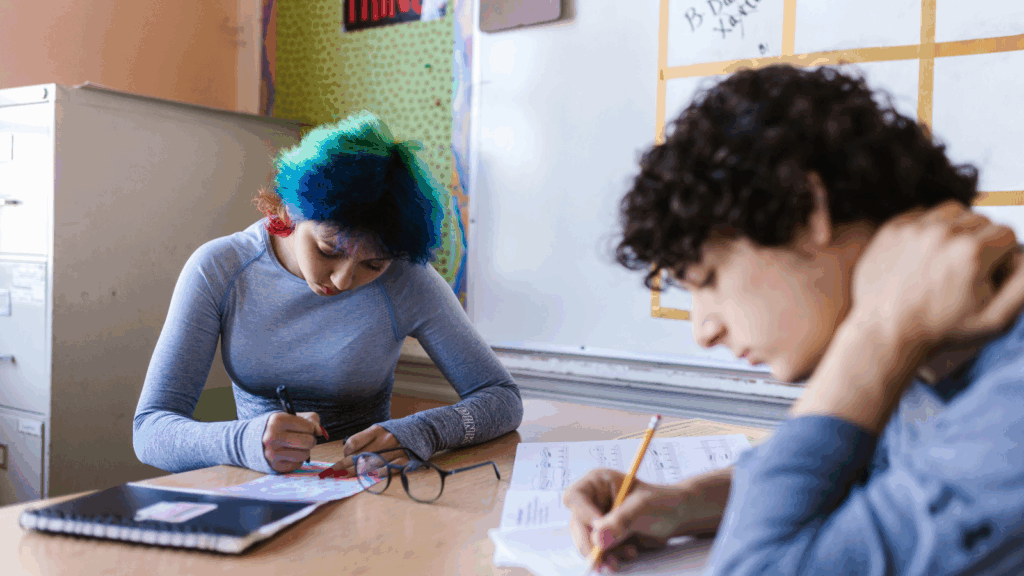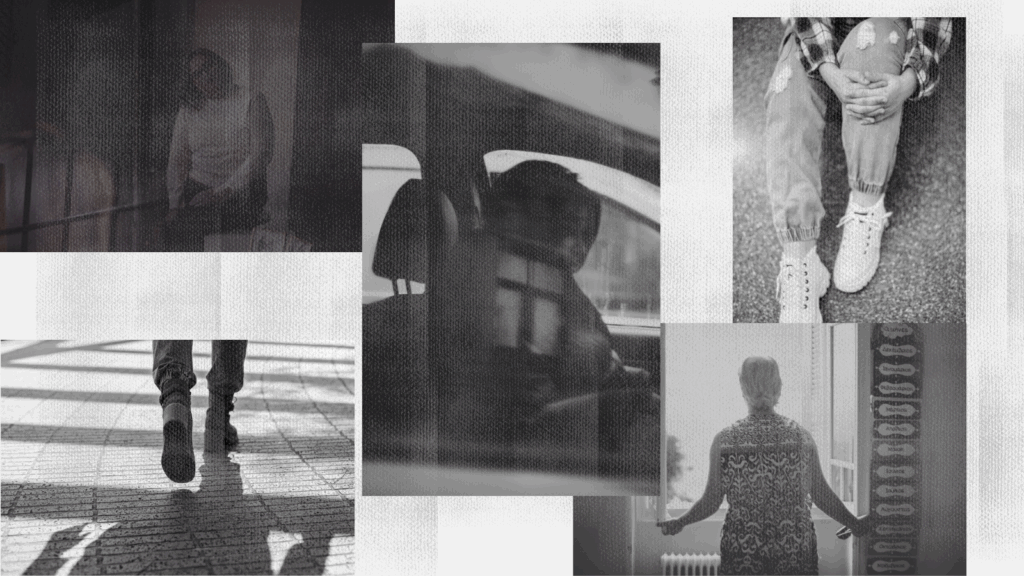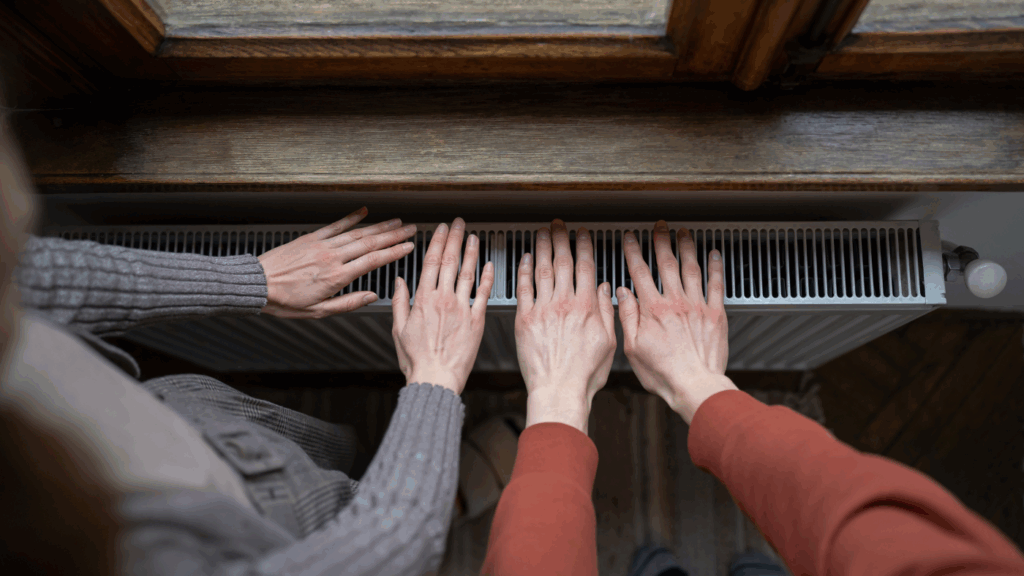The 18th of October is EU Anti-Trafficking Day, a crime that is not only a grave violation of human rights, but also a violent practice of organised crime that deprives vulnerable groups of their human dignity and freedoms. Indeed, the intersection of diverse forms of discrimination, for example based on gender, race or poverty, makes these groups more vulnerable to fall into the hands of traffickers. A special emphasis should be given to the gendered perspective of human trafficking, which deeply affects women and children, especially, those with a migrant or refugee background.
On the occasion of EU Anti-Trafficking Day, Eurodiaconia welcomes the recent Common Anti-Trafficking Plan to address the risks of trafficking in human beings and support potential victims among those fleeing the war in Ukraine. The Common Plan, which is built on 10 action points to foster coordination to protect people fleeing from Ukraine, was launched on 11 May 2022 by the EU Solidarity Platform led by the EU Anti-Trafficking Coordinator.
The Common Plan relies on the EU Anti-trafficking Directive and the EU Strategy on Combatting Trafficking in Human Beings, therefore, providing a comprehensive response to tackle this crime: from the prevention and protection of victims to the prosecution and conviction of traffickers. The plan follows five main goals to strengthen awareness, reinforce prevention, enhance law enforcement and judicial response, improve early identification and protection of victims, as well as to direct the efforts of non-EU countries, such as Ukraine and Moldova to address the risks of trafficking.
The devastating effects of Russia’s invasion of Ukraine forced more than 7 million people to flee from war to the European Union. The conflict has magnified trafficking trends, prompting traffickers to target those who are in a more vulnerable position. The majority of people fleeing from war are both women and children. Indeed, according to the EU Strategy on Combatting Trafficking, sexual (60%) and labour exploitation (15%) are the predominate trafficking motives, of which 72% of the victims are women and girls.
We welcome the recognition of human trafficking as gender-based violence, and the necessary gender and child rights-based approach that the Common Anti-Trafficking Plan promotes for its practical implementation. Likewise, we acknowledge the importance of training front-line responders for the recognition of victims, especially because crossing and entry points such as railway stations are often hotspots of human trafficking.
Eurodiaconia calls on EU Member States to commit to the full implementation of the Temporary Protection Directive in order to ensure the full enjoyment of the rights to access employment and social benefits. The lack of a comprehensive recognition of these rights amongst several Member States, especially the right to social welfare assistance, increases the likelihood of being trafficked. Our members have a long-standing experience working on the integration and inclusion of refugees. In their experience, upholding strong social rights is key for the prevention of human trafficking. Effective access to social rights and employment integration of people fleeing from Ukraine would prevent isolation, social exclusion, and poverty, as well as entering informal labour markets and situations of trafficking and exploitation.
Many of our members, including Diaconía España, have extensive experience on the fight against human trafficking. In collaboration with diverse national administrations, the Public Prosecutor’s Office and other specialised civil society entities, Diaconia España provides a comprehensive framework for the prevention of human trafficking and the protection of victims. Following a preventive approach, they offer holistic trainings to raise awareness on the phenomena, giving professionals at the frontline such as police officers, airport personnel, or professionals in reception centres the necessary instruments for early identification. In addition to this, they work to assist victims in their full recovery and reintegration process, starting with reception in safehouses, while offering multidisciplinary services in the areas of psychological assistance, legal advice, social integration, access to education, and integration into the labour market.
Eurodiaconia calls for a strong implementation of the comprehensive European legal and policy frameworks to protect the most vulnerable from trafficking. The vital role of civil society including our members in preventing, addressing, and providing long-term support for victims of human trafficking should be acknowledged today and every day. There must be a shared commitment between Member States, civil society, and EU institutions to ending human trafficking, the solution to which requires political commitment, dedication to upholding human dignity, and swift action.



